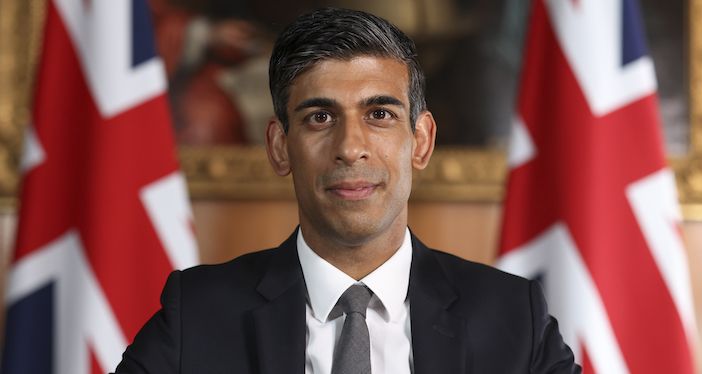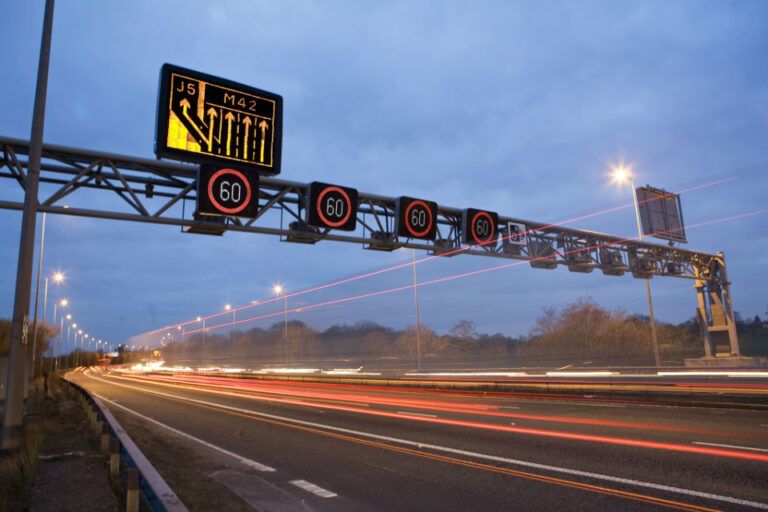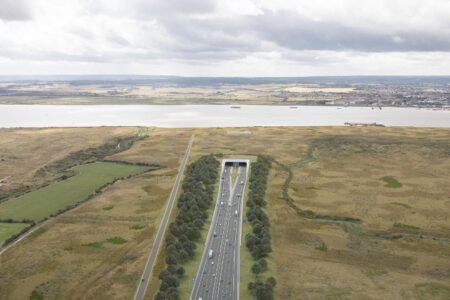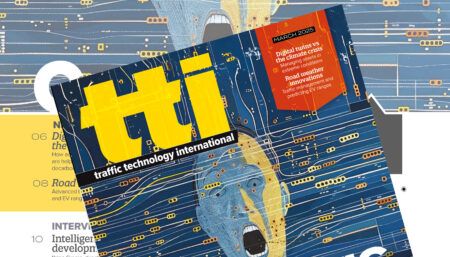The UK government has announced it is to cancel plans for three new all-lane-running smart motorways earmarked for construction during the third Road Investment Strategy (2025 to 2030), along with 11 schemes already paused its second Road Investment Strategy (2020 to 2025).
While no new stretches will be converted, work on the M56 J6 to J8 and M6 J21a to J26 will go ahead as planned given they are already over three-quarters constructed.
But with savings estimated to be in the region of £1bn it is feared by some that the announcement is more of a cost-cutting exercise, than a policy genuinely aimed at improving road safety. Indeed, the Prime Minster’s own statement on the matter makes no mention of actual safety statistics, only of ‘public confidence.’
“All drivers deserve to have confidence in the roads they use to get around the country,” said Prime Minister Rishi Sunak. “That’s why last year I pledged to stop the building of all new smart motorways, and today I’m making good on that promise. Many people across the country rely on driving to get to work, to take their children to school and go about their daily lives and I want them to be able to do so with full confidence that the roads they drive on are safe.”

Transport Secretary Nick Harper echoed the Prime Minsters sentiments on public confidence while admitting the decision was also rooted in “cost pressures due to inflation.”
The announcement flies in the face of National Highways statistics that show smart motorways to be overall safer than traditional ones. While it is true that crashes due to stopped vehicles show a small percentage increase, this is more than offset by the benefits delivered by variable speed limits on smart motorways that help limit more common crashes in which vehicles are moving.
Max Sugarman, chief executive at Intelligent Transport Systems UK (ITS UK), said: “Whilst we acknowledge that the Government will stop construction of all new smart motorways, it is important to note that these roads are some of the safest in the UK and perform better, overall, than conventional motorways in terms of serious and fatal injuries.
“National Highways is already working with industry in rolling out safety improvements and to increase public awareness of what to do if you breakdown on a smart motorway, both of which are essential in making smart motorways even safer still.

“We welcome the £900m for further safety improvements the Government has set out. It’s important the industry now works together with Government to continue rolling out technical solutions to support greater safety and that we learn lessons on how we communicate these projects to the public more effectively, ensuring there is sufficient visibility, acceptance and trust in the application of data and technology to improve road safety moving forwards.”
The ongoing safety upgrades to smart motorways, with enhanced stopped vehicle protection and additional refuge areas are likely to bring even stopped-vehicle crashes down below those seen on traditional motorways. Furthermore, statistics suggest that reinstating hard shoulders on existing smart motorways would make them less safe due the the knock-on increased congestion it would cause.
“Smart motorways have been controversial since their initiation. This has eroded public confidence in them. However this also means that the benefits which could be gained from them have been lost,” says Margaret Winchcomb, deputy executive director of PACTS (Parliamentary Advisory Council for Transport Safety). “Motorways, while not safe enough, are our safest roads. Other parts of the Strategic Road Network have much higher casualty rates per mile travelled.
“PACTS recognises that the government decision to cancel all new smart motorways is part of their implementation of recommendations made by the Transport Select Committee in their 2021 report. However, it is not right to ‘throw the baby out with the bath water’. There must be continued delivery of systems where evidence exists to support their value. The promised investment of £900 million into further safety improvements on existing smart motorways will go some way to do this.”
The government and National Highways have pledged to continue to invest £900 million in further safety improvements on existing smart motorways. This includes progressing plans on installing 150 extra emergency areas across the network in line with the commitments made in response to the Transport Select Committee, as well as further improving the performance of stopped vehicle detection technology on every all lane running smart motorway.





